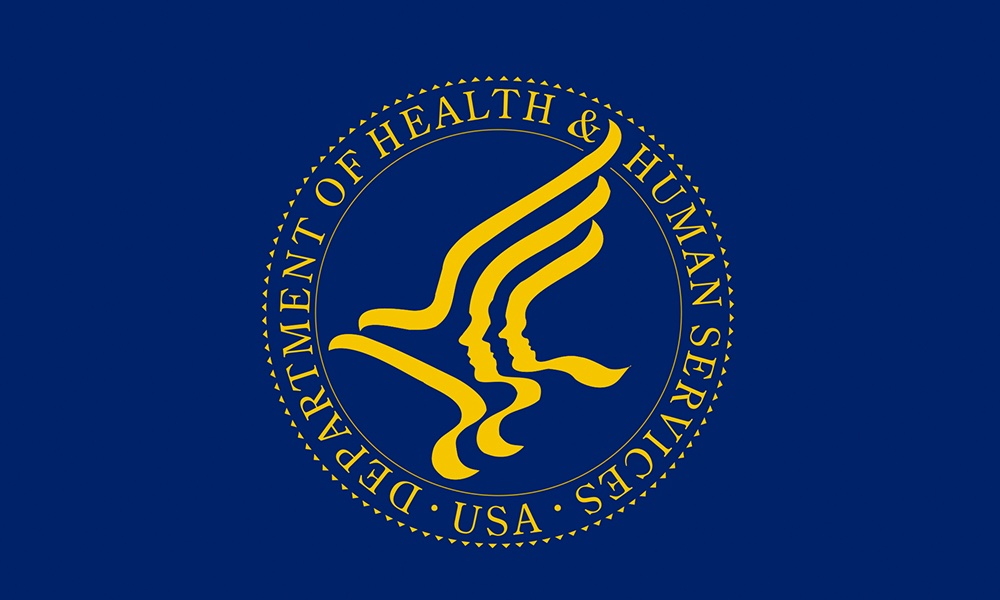What causes attention deficit hyperactivity disorder (ADHD)? It’s a mystery that scientists have not yet been able to solve. Is it genetic? Does something in a child’s environment cause it? Is ADHD related to a child’s diet? There are likely many factors influencing whether a child develops the attention and behavioral problems of ADHD. A new study suggests that certain nutrients in a mother’s diet during pregnancy appear to raise the likelihood of attention deficits.
Researchers wanted to see if to see if the ratio of omega-6 to omega-3 fatty acids in a pregnant woman’s diet had an effect on their baby’s risk of developing ADHD symptoms. To do this they followed 600 children living in four Spanish regions who were participants in a study of the effects of environmental pollutants in air, water and diet during pregnancy on the growth and development of children.Growing evidence for the importance of a mother’s diet during pregnancy.
Omega-6 and omega-3 fatty acids play an important role in the structure and function of the central nervous system, especially toward the end of pregnancy. They compete for incorporation in cell membranes and are obtained primarily through the mother’s diet. The two fatty acids have opposing physiological functions, so a balanced intake of both is important.
The number of ADHD symptoms a child showed at age seven increased by 13 percent for each unit increase in the ratio of omega-6 to omega-3 fatty acids found in the child's prenatal umbilical cord plasma. The ratio was associated with the number of ADHD symptoms a child had at age seven, but not whether or not they were diagnosed with ADHD. The assessment done at age four was disregarded as possibly affected by a measurement error since ADHD symptoms seen at early ages could be due to normal neurodevelopmental delays.
Omega-6 and omega-3 fatty acids come from different food sources. To improve the ratio of omega-3 fatty acids to omega-6 fatty acids in your diet, it is advisable to eat more of the foods high in omega-3, instead of eating fewer of the foods high in omega-6s.
Omega-6 fatty acids are found in plant foods with safflower, sunflower, corn and soybean oils. Sunflower seeds, walnuts and pumpkin seeds are good sources. Good sources of omega-3 fatty acids include fatty fish like salmon, herring, mackerel and sardines; and flaxseeds, walnuts, chia seeds, as well as fish and flaxseed oils.
This study adds to the growing evidence of the importance of a mother’s diet during pregnancy. Other studies have found a relationship between the ratio of omega-6 to omega-3 fatty acids during pregnancy and early neurodevelopmental effects.





